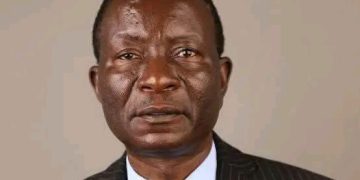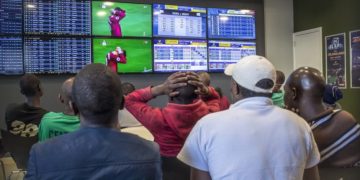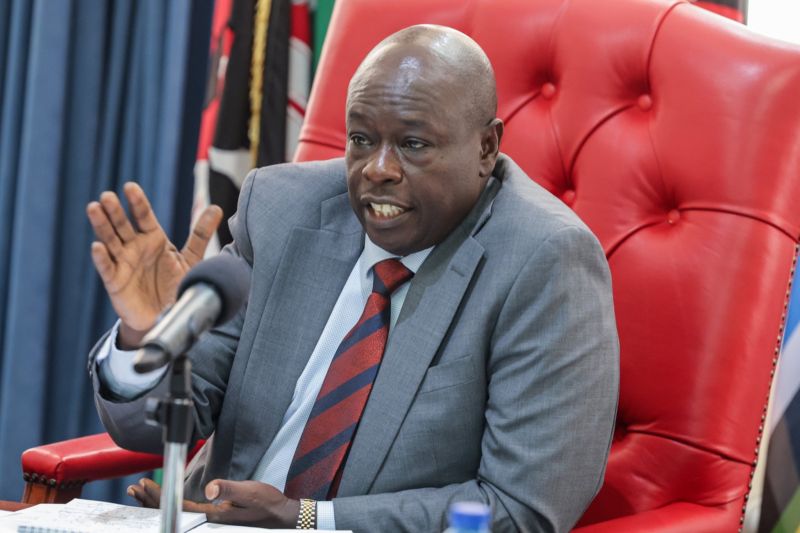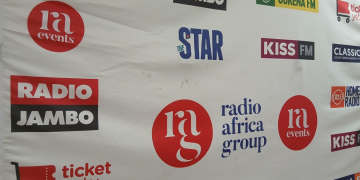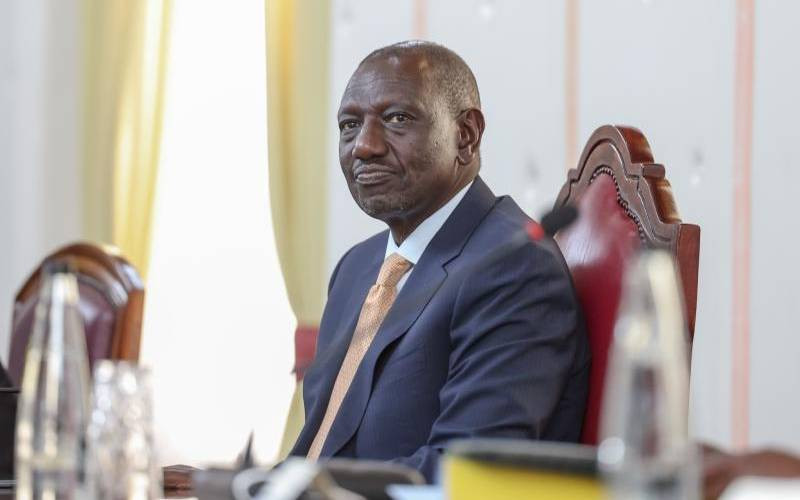After failing a compliance examination, the European Union Aviation Safety Agency (EASA) has withdrawn Kenya Airways’ (KQ) license to maintain UK-registered aircraft.
According to the national carrier, the agency revoked the license after requesting that KQ separate some of its general storage and install a temperature control device in accordance with European norms during the certification assessment.
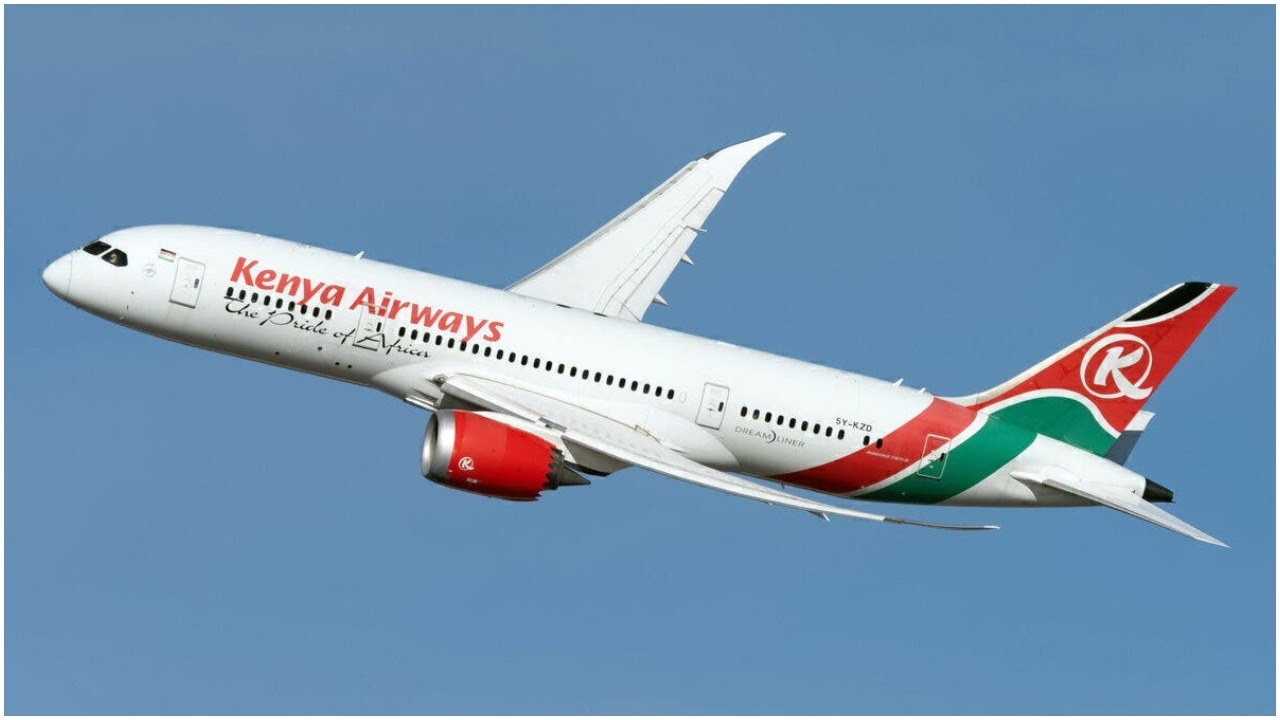
The EASA is a certification and regulatory organization that oversees airlines that operate in Europe as well as those who want to perform maintenance on European-registered aircraft.
It is responsible for certification, regulation, and standards, as well as investigation and monitoring.
“As you may know we are in the tropics and our manuals do not require us to have temperature controls such as those in Europe where there are extremes,” KQ director for technical Gilbert Bett told the Business Daily on Friday.
“We are, however, working on compliance.”
Kenya Airways sought for EASA certification (EASA Part 145 requirements for a Part 145 Maintenance) as part of a strategic expansion plan for maintenance, repair, and operations (MRO), as well as the possibility of servicing and maintaining European-registered aircraft.
One of the certification bodies with which KQ collaborates is the EASA.
The Kenya Civil Aviation Authority is the major regulator of the national carrier (KCAA).
KQ has always cooperated with the EASA as well as all other regulatory and certifying organizations’ certification standards.
“Compliance is our licence to operate. This is why we worked with EASA. It forms part of our MRO to service and maintain European-registered carriers.”
If the license is revoked, KQ will lose revenue from plane maintenance for European Union-registered airlines.
The carrier stated that it did not have any EASA-certified aircraft under maintenance.
“There is no revenue loss as there is no aircraft under maintenance that requires EASA certification. We do not have any European-registered aircraft under maintenance,” said Mr Bett.
The carrier has been diversifying into new revenue streams to shore up its earnings, which stood at Sh70.22 billion in the year ended December, partly lifted by alternative sources such as air charter services.
For instance, in 2021, the national carrier reached a deal with the lessors to only pay when they fly leased aircraft following the grounding of its services on the back of Covid-19, which saw planes remain idle.
The plan saw the carrier save $45 million (Sh4.7 billion) in fees after it changed the lease terms on its aircraft fleet, opting for hourly rates in place of fixed costs.
However, two lessors in April opposed their new payment terms, a move that saw them ground their planes at Jomo Kenyatta International Airport in Nairobi.
The new arrangement has seen the cost of maintaining its fleet drop from Sh28.5 billion in 2020 to Sh16.6 billion last year.
The carrier narrowed its net loss for the year ended December by 56.58 percent on higher revenue as travel picked up with the easing of Covid-19 restrictions.
KQ reported a net loss of Sh15.8 billion in the review period compared to a net loss of Sh36.2 billion the year before when travel restrictions hit operations hardest, including grounding its planes for months.

